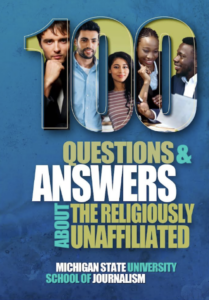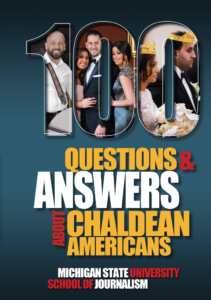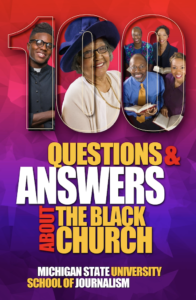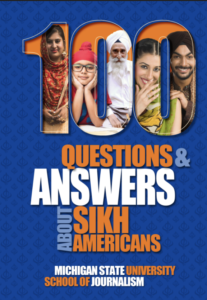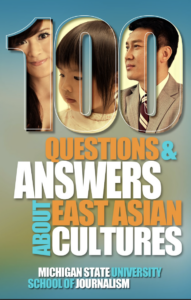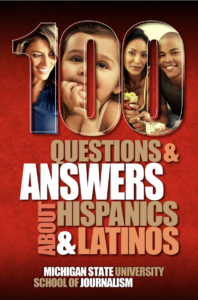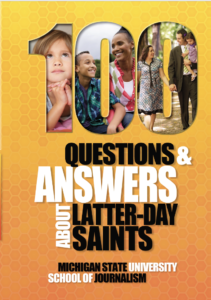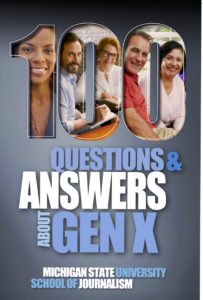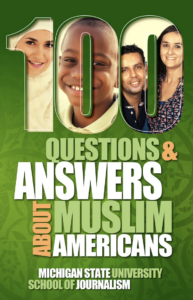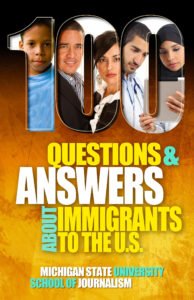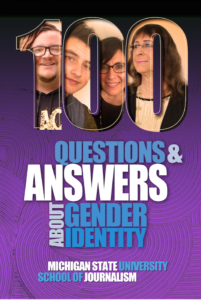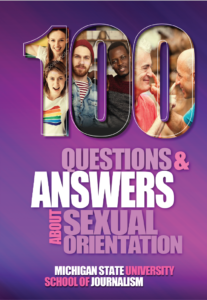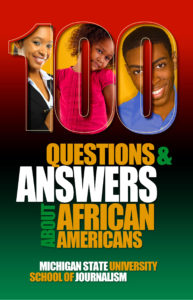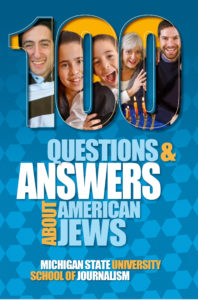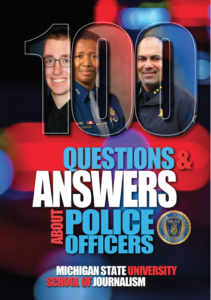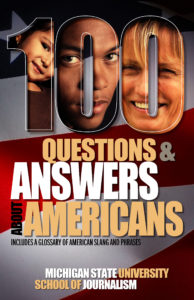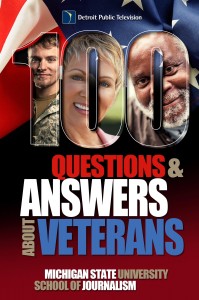Fresh attention to the large share of U.S. voters who are not religiously affiliated raises a question this election year: Could politicians exploit this voting bloc?
As a sociologist who studies politics and religion, Evan Stewart at UMass Boston has been researching this.
He doubted the idea for three reasons: religiously unaffiliated people are a diverse lot, they tend to vote less than the general population and are from younger generations that vote less.
Stewart crunched data from the 2008, 2012, 2016 and 2020 elections gathered for Harvard’s Cooperative Election Study.
He found that some groups under the religiously unaffiliated umbrella vote more than others. Agnostics and atheists were abut 30% more likely to vote than religiously affiliated people. By contrast, people classified as religiously unaffiliated because they say their religion is “nothing in particular” vote less. They are abut two-thirds of the group researchers classify as “nones.”
Taken as a group, however, the religiously unaffiliated voted about as much as U.S. adults in general, Stewart wrote in the journal Sociology of Religion where he is an associate editor.
He points to religious diversity on the right and the left and says politicians cannot take unaffiliated voters’ support for granted. Instead, candidates will need to campaign on issues that motivate people, particularly young voters, to go to the polls.
Stewart wrote that one issue appealing to this group would be the separation of church and state. This position is supported by “secular values voters.” Stewart suggests that Christian nationalism, which seeks to fuse Christian and American identities, could turn off unaffiliated voters.
“100 Questions and Answers About the Religiously Unaffiliated,” published by the Michigan State University School of Journalism, is one of more than 20 Bias Buster guides in print and digital formats on Amazon.

